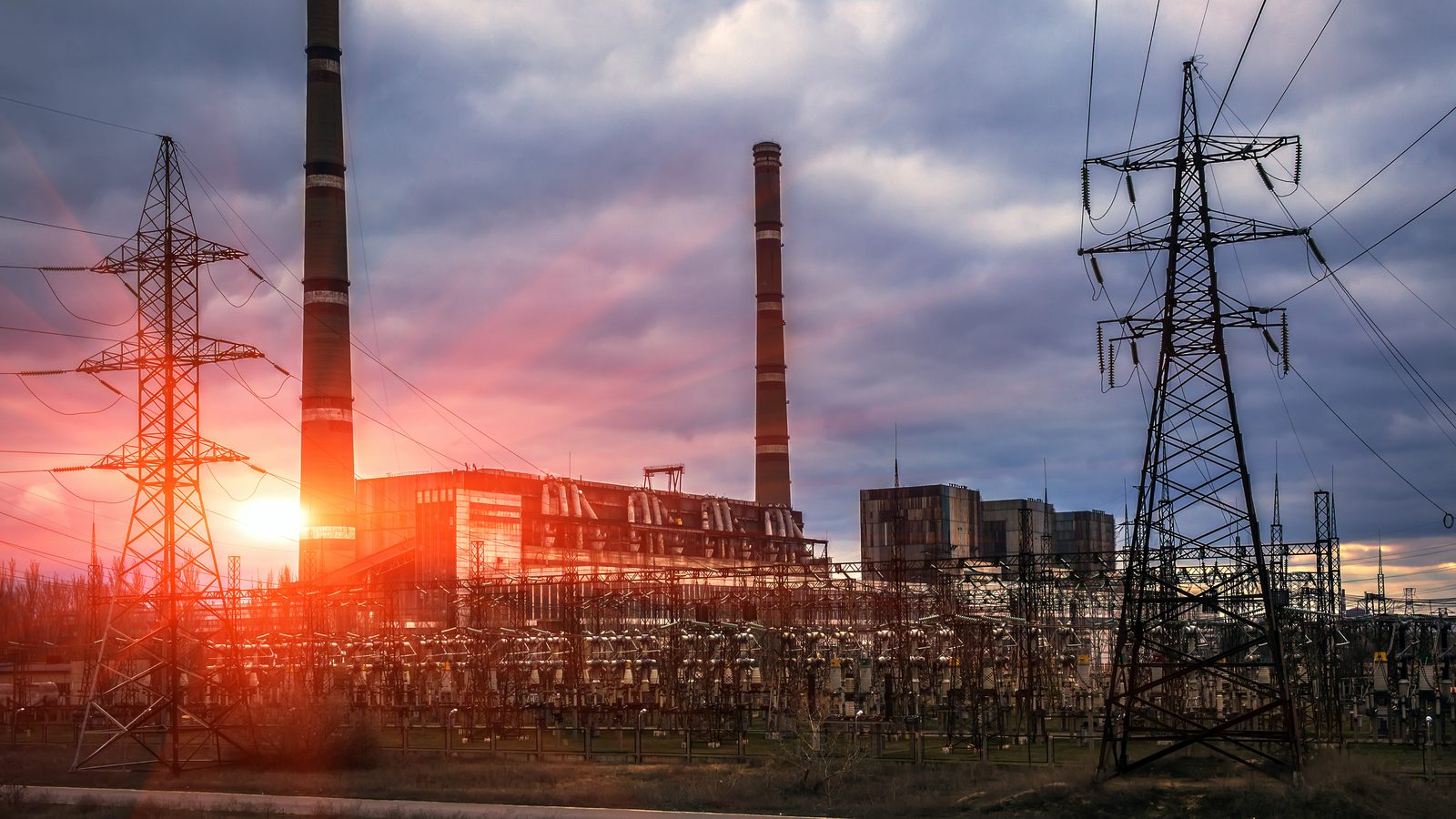Are energy utility companies, traditionally viewed as safe-haven investments owing to the highly regulated nature of their business, now in a ‘death spiral’?
With the cost of solar panels falling, and new products such as Tesla’s ‘Powerwall’ batteries enabling solar-generated energy to be stored cheaply at home, making them an attractive option versus traditional energy sources (as the chart below shows), it has been suggested that growing numbers of consumers are less reliant on the power grid, and that some will actually disconnect altogether.
Electricity prices vs battery prices – US, EU and China
Source: Eurostat, United States Department of Energy, National Development and Reform Commission of the People’s Republic of China, Tesla, Newton. April 2016.
While the growth in solar will undoubtedly cause some pain to traditional business models, various factors mean that the future for many utilities is likely to be far less bleak than the doomsayers predict. These include:
- Practical challenges
- Geographic variations
- Politics and regulation
- Practical challenges
- Even in sunnier locations such as southern California, the majority of consumers do not have enough roof space to host the panels needed to generate sufficient power, and the cost of installation can be eye-watering.
- Consumers may be deterred from going ‘off grid’ over concerns that they would be more vulnerable should technical problems occur and they be left unable to rely on a utility company’s infrastructure and 24-hour support.
- Although electricity bills have risen in recent years, they still represent only 2-5% of disposable income in most developing countries. Historically, consumers have been slow adopters of initiatives that save money on electricity (even when they are as cheap and easy as energy-efficient lightbulbs).
- Geographic variations
In areas with warmer climates, where the highest electricity consumption is during the summer months (owing to cooling needs), solar represents an obvious solution for coping with additional demand. In cooler areas, such as northern Europe, however, peak demand occurs generally during winter months, when significant use of solar power is not practical.
- Politics and regulation
Solar adoption is increasingly attracting the attention of politicians, since it can turn out to be socially regressive: those who can afford to install it tend to be the better off, with the result that the costs of supporting the existing infrastructure are shared by fewer, less well-off consumers. In addition, since solar energy is only available during daylight hours, it can make networks less reliable and force up costs by increasing the need for temporary sources of additional power generation during peak periods, which is typically in the evening when solar energy is no longer available.
In certain regions where solar is proving popular, politicians are already acting to counter such effects. For example, higher fixed electricity charges have been introduced in the southern US to rebalance costs. In Spain, consumers with solar panels on their roofs must now pay a fixed annual ‘solar tax’.
Taking a global perspective
The above illustrates why having a global perspective is so important when analysing and investing in energy companies. In certain areas where solar is gaining significant market share and regulators have been slow to react, utilities are coming under significant pressure. Conversely, in parts of the world such as the northern US, where the impact of solar is likely to be limited, we believe many established utilities are likely to continue to offer investors the reliable and stable returns for which they have become known.
Any reference to a specific security, country or sector should not be construed as a recommendation to buy or sell this security, country or sector. Please note that strategy holdings and positioning are subject to change without notice.







Comments